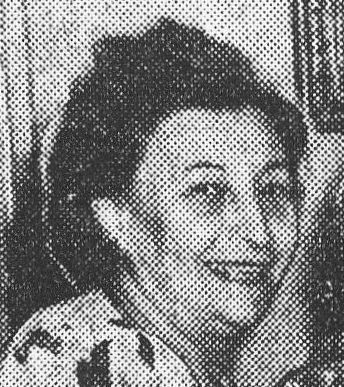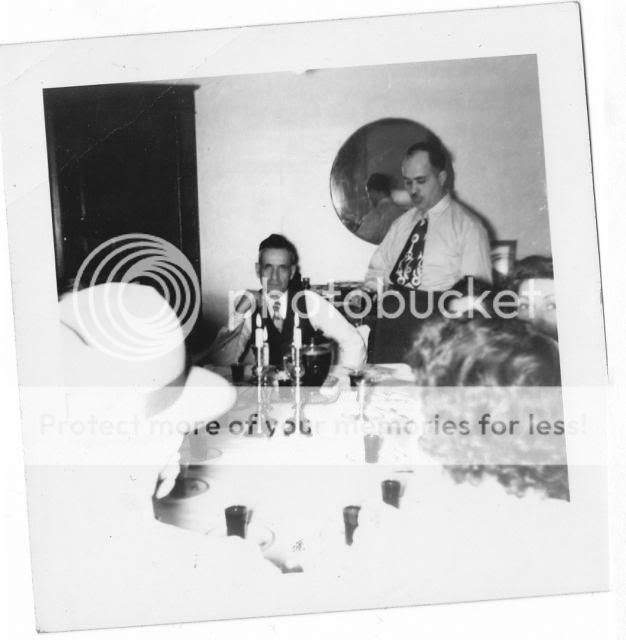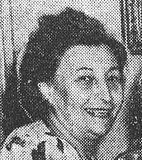Jaclyn knew something was going on between Darryl and Irene. She and Irene had been friends in college, lab partners in the clinical lab technology program. They were so close that their classmates referred to them as the conjoined twins. But a cloud had darkened the friendship during their senior year. Jaclyn suspected - but could never prove - that Irene was cheating. Was stealing and copying Jaclyn’s lab reports. She knew that Irene was no wizard in the lab. What other explanation could there be for Irene’s matching her grade-for-grade?
Jaclyn and Irene lost touch for a few years. Jaclyn moved to Houston and married Darryl. She found an entry-level lab job at the University of Texas Medical Center, and worked her way up to Senior Lab Technician. She glided through each day, happy at home. Happy at work. Until THAT day. The day that she was called into the office labeled Lab Director to meet her new supervisor - Irene. Yes, her erstwhile conjoined comrade was now her boss.
Irene set herself to win back Jaclyn’s friendship - win back her trust. She confided to Jaclyn that she would need help ‘learning the ropes.’ She invited Jaclyn and Darryl to dinner several times. After a couple of months, Irene began to leave work early, and Darryl started coming home late. It didn’t take a rocket scientist to figure out that Irene had stolen the two things most important to Jaclyn - her happy home and her joy at her job.
But today, she would get her own back. Today, Jaclyn was refreshing the lab’s Salmonella cultures. And there was a box of assorted doughnuts in the break room. Jaclyn slipped a small vial of liquid and a clean syringe into her lab coat pocket. Careful to not be seen, she entered the break room and injected the raspberry jelly doughnuts - Irene’s favorite - with a few drops of liquid. She returned to her lab and disposed of the vial and the syringe in the Hazardous Waste bin.
Promptly at 10:15, Jaclyn left her lab and headed for the break room. The entire lab staff, including the director, were present. And so was Darryl. “Congratulations!” they shouted in unison. As Jaclyn looked around, bewildered, Irene stepped forward, the box of doughnuts in her hands. “When I was reviewing the personnel files, I found out that today is your five-year anniversary in the lab,” Irene explained. “So a few weeks ago, I asked Darryl to help me cook up this surprise party for you.” She opened the box and handed a doughnut to Jaclyn. “There’s much more to come,” she smiled. “But first have one of these raspberry jelly doughnuts. They’re my favorite.”
©2013 Phyllis Entis. All rights reserved.
A Note of Explanation: This piece was prompted by the instruction to write a story that revolved around revenge.






